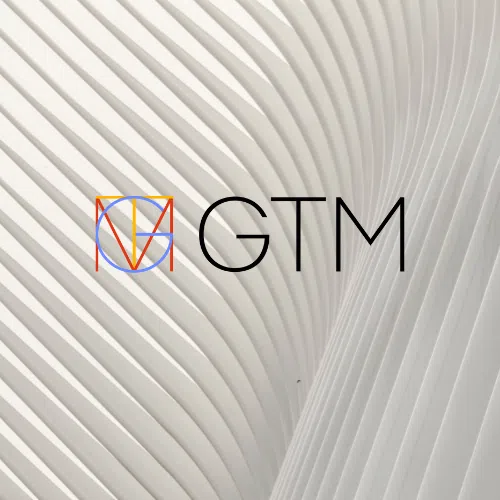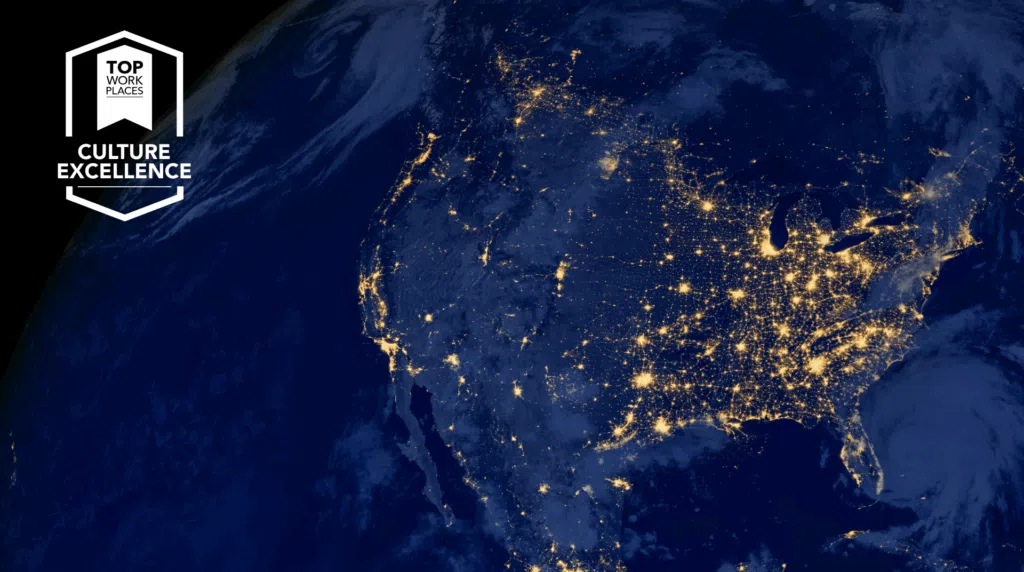It’s an interesting time right now in the research credit and contracting world.
As we search for prevention, treatments, vaccines, and maybe a cure for COVID-19, the U.S. Government is providing many contracting and funding incentives for companies to develop diagnostics, therapeutics, and technologies to assist in dealing with this tragic disease. These incentives apply to companies developing a wide range of solutions including the following:
- Pharmaceuticals
- Medical devices
- Diagnostics and testing
- Technology
- Data science
- Artificial intelligence
- And more.
Companies may not realize they are eligible or can still apply. Many of these programs initially had deadlines in the spring but have been extended; some to the fall and others to the end of the year. If we don’t see breakthroughs in the next few months, it’s likely they’ll be extended further.
These programs can offer funding ranging from a few hundred thousand to millions. If you’re working on something that can assist with COVID-19 – even tangentially – there’s probably a program that can help, even if you’re outside the U.S.
How This Relates to Research Credits
Historically the three most contentious issues related to the U.S. credit for increasing research activity have been (in no particular order):
- Internal-use software
- Tooling and supplies
- Funded research
Let’s look at #3: funded research.
In the U.S. there are four types of expenses that can be claimed for a research credit:
- Wages
- Supplies
- Computer rents/leases
- Contract research
In order to claim contract research, the research cannot be funded by a third party. Contract research is not funded if (1) payment is contingent on the results of the research, and (2) the contractor maintains rights to the research.
The I.R.S. has consistently looked at work done when a contract is involved as potentially funded simply because there is a contract between a company and a third party. They then have looked at the payment terms (e.g. fixed fee, time and materials, cost plus, etc.) and the intellectual property (“IP”) rights to determine if the work is funded. What they have not done, however, and this is critical, is look to see if the contract is for actual research or not. In many cases the contracts are silent on research and are actually for managing a development project, or for delivering a report or a product.
The result has been the disallowance of claims based on financial risk and IP rights when there was no contract research to begin with. The analysis should never have been done.
Back in late 2019, however, Populous Holdings Inc. (“Populous”) challenged this approach. They argued that the contracts in question were not contracts for research, they were contracts to produce and deliver a product – architectural drawings – and therefore the funded research rules do not apply. In short, the tax court agreed and issued summary judgement in favor of Populous.
What This Means
There are significant opportunities to work with government funded programs to develop COVID-19 related solutions. They can be related to prevention, treatment, cure, analysis, diagnostics, assistance for first responders, and much more. Many of these programs are still open, including a number extended beyond their original due dates. If you are successful in winning these contracts or grants, depending on the language of the contract – the specific detailed scope of work – you may be eligible for significant tax savings.
Global Tax Management (GTM) can help you determine your R&D tax credit opportunities, and help you navigate other tax challenges in the ever-changing and complex landscape we live in today. Learn about our R&D Tax Credits Services here. For more information, please contact me at jforman@gtmtax.com.



